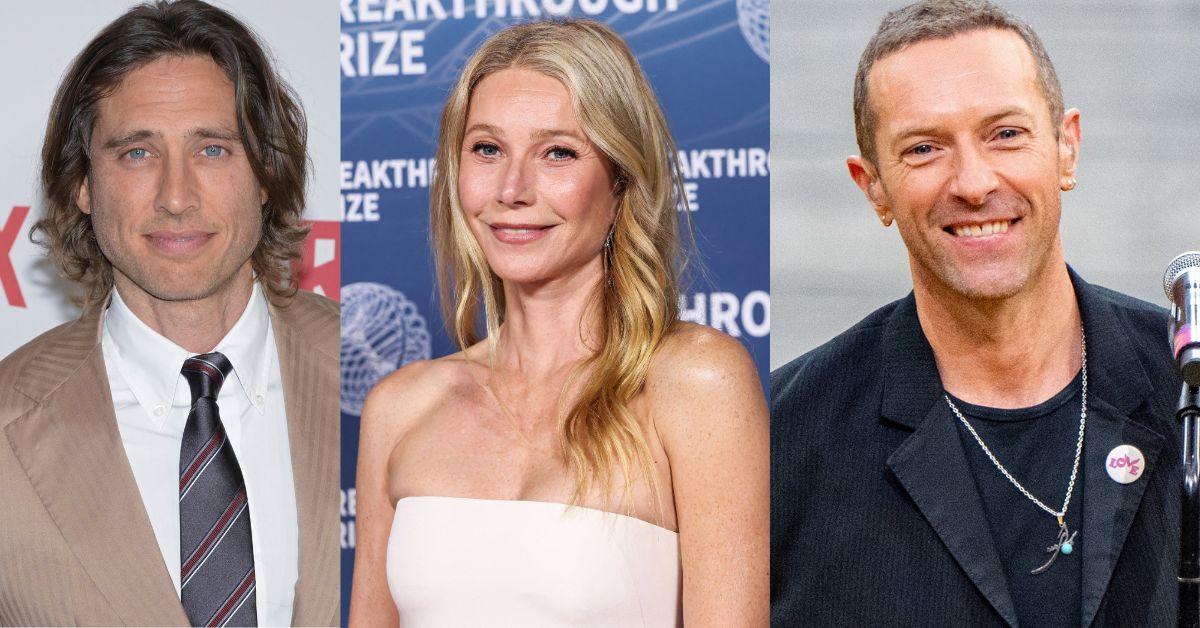DVD Review: Invictus
May 18 2010, Published 11:35 a.m. ET
To the average American, men in tight shorts tossing around a leather ball and tackling each other without padding may not seem like the answer for a country that’s suffering from deep wounds and cultural strife. But to Nelson Mandela, rugby -- with its brutal athleticism and sweaty heroics -- was a tool to unite his nation in the wake of apartheid; a potential rallying cry that might bridge racial rifts and inspire the world.
Invictus tells the story of the former South African president's mission through the eyes of Clint Eastwood, who brings a sweeping sense of power and beauty to the story -- albeit at arm’s length. Morgan Freeman plays Mandela, who’s taking office as the country’s first president elected by both whites and blacks. It’s 1994, and the tremendous sense of change and anticipation are palpable on the streets and in the halls of government, where his new security team becomes a microcosm of South Africa’s bigger picture, and he himself sends a message of reconciliation to the outgoing president’s caucasian ranks. These early scenes reveal the kind of guy we’re dealing with, which is to say: one who’s far smarter, compassionate, philosophical and ambitious than ourselves.
Mandela, it turns out, also knows a thing or two about what makes people happy. Just as the national rugby team is about be dismantled as a bygone symbol of apartheid, the aging leader insists not only on keeping it, but getting black South Africans to cheer for it, too. With just one non-white player and virtually zero non-white fans, the Springboks are both beloved and maligned, and definitely not very good at playing rugby. In a brilliant PR move, Mandela makes friends with team captain Francois Pienaar (Matt Damon), and kicks off a personal campaign to get the ‘Boks winning both games and hearts.
Damon is wholly believable as a jock with integrity, even if he doesn’t say much and his family isn't down with the inspiration wagon. Mom and dad Pienaar don’t like the new president, dismissing him on TV while their black maid quietly irons in the living room. Francois, it seems, is blessed with a bigger worldview and while the ‘Boks are trotted out to townships and slowly rebranded, he undergoes ostensible transformation himself. Out on Robben Island, he has a quiet moment in Mandela’s former prison cell, in which an imaginary Mandela appears. He also communes with the pres’s favorite piece of inspiration: Invictus, the poem by 19th century scribe William Ernest Henley. (The title means “unconquered.”)
Yet, for all the heavy moments and apparent transcendence, Francois is mostly a bland enigma with a beefed-up physique and buns of steel. We know he’s thinking deep thoughts: The night before the big game, his GF is warming up for a roll in the sack, but Francois’s eschewing sexy small-talk to ponder Mandela’s stunning capacity for forgiveness. Damon’s intensity and the swiftly moving story make it seem like his character might be interesting, but we never find out. Francois, sadly, isn't explored beyond the accent (which seems real enough, thanks to Damon’s six months of pratice), the bod (see previous) and calls to greatness (Francois to 'Boks: “Thees ees our destiny!”).
Similarly, while we see Mandela’s bottomless well of generosity, his liking for the ladies and hints of painful family dynamics, he, too, remains two-dimensional. He’s brilliant and inspirational, but even with Freeman’s powerful performance, the leader is more of a figurehead than a man. It’s too bad for a movie that could have been close to perfect with more emphasis on character development and a few tweaks to the soundtrack. Invictus is moving, visually striking and impressive in scope. Being that close to greatness, though, makes the absence of a human connection -- anyone will do! -- that much more disappointing.



